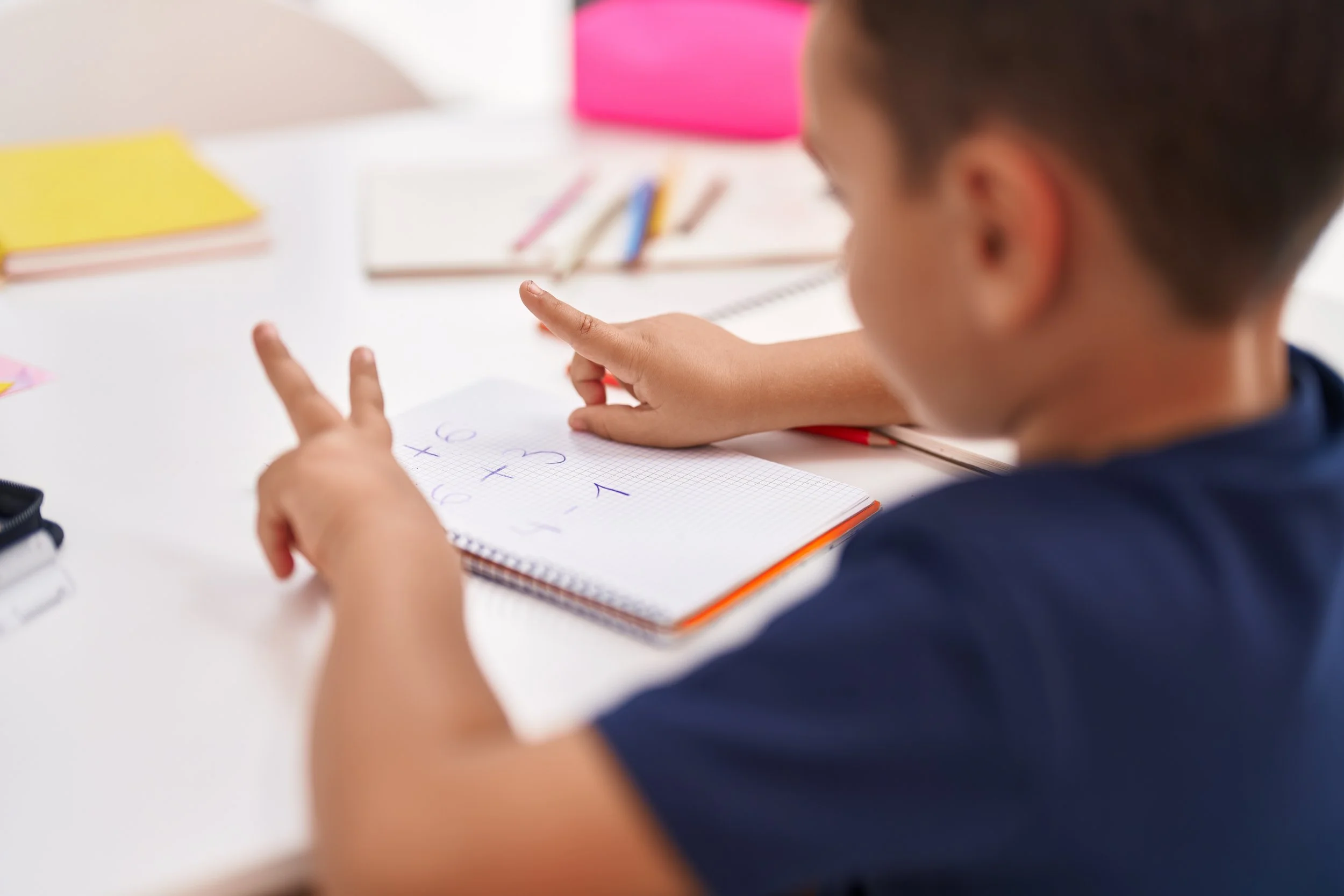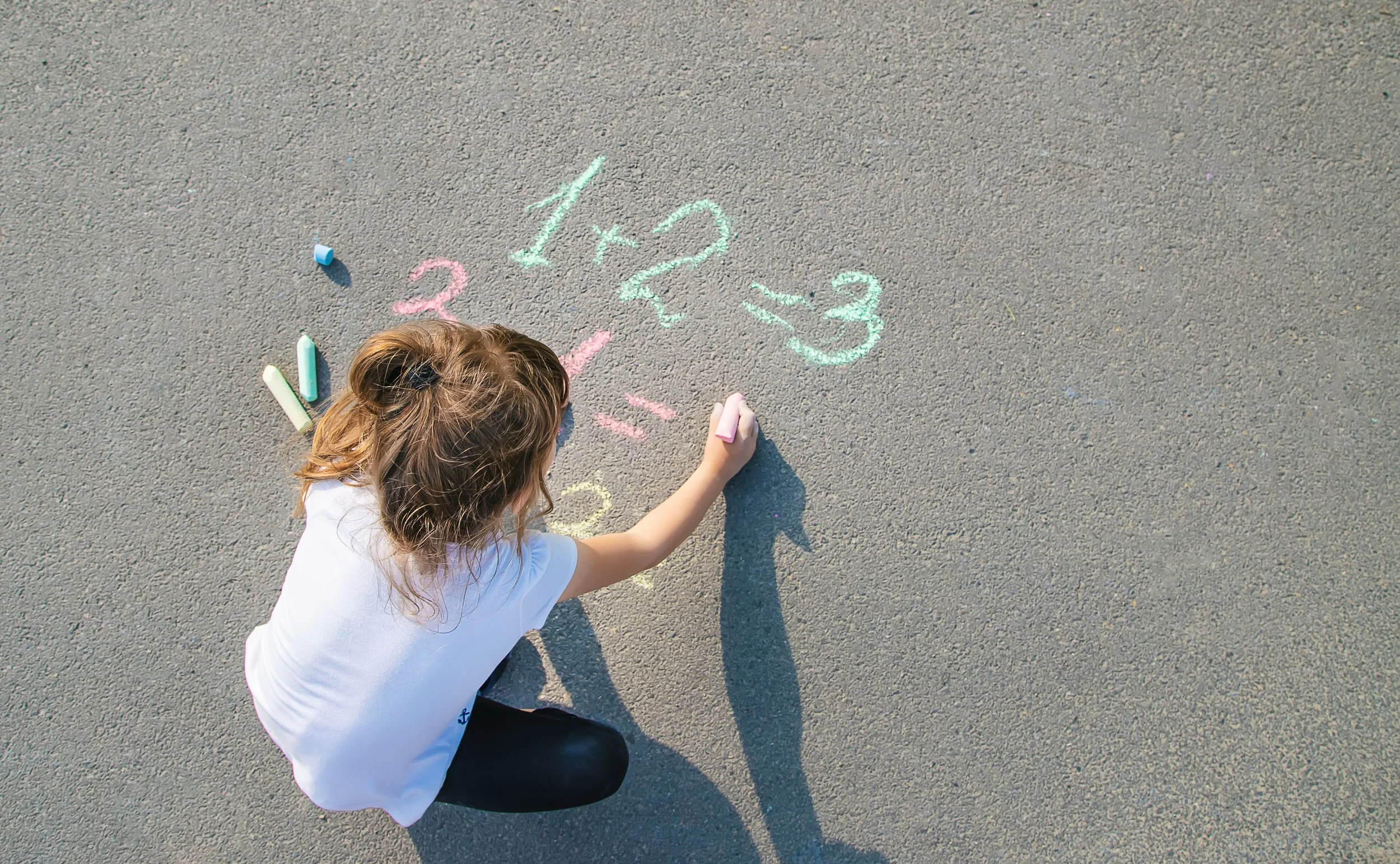Why Numeracy Matters (And All the Brilliant Things It Helps Kids Do)
Many adults have a complicated relationship with maths.
Even if you’ve got a handle on fractions or can work out a quick percentage now, the memory of struggling with maths can linger.
Maybe it was long division, or the sudden leap into algebra.
Or maybe it wasn’t any one topic, just the quiet frustration of falling behind while everyone else seemed to get it.
But numeracy is about more than remembering rules or solving equations.
It’s how we make sense of time, patterns, space and everyday choices.
What Is Numeracy, Really?
Numeracy is the ability to understand and use numbers and mathematical concepts in real life, not just on a worksheet.
It includes counting, measuring, estimating, interpreting data, spotting patterns, thinking logically and more.
It’s not about speed or memorisation. It’s not about knowing how to do long division, or remembering the first three digits of pi.
It’s about being able to break a task down, think it through, and use mathematical reasoning to make sense of everyday situations.
Just like we explored in our post on why reading matters, numeracy is one of those foundational skills that quietly shapes how kids understand the world.
Where literacy helps them make sense of words and ideas, numeracy helps them make sense of time, space, patterns and decisions.
How Numeracy Develops
Numeracy builds slowly, through experience.
It begins with simple ideas like “more or less” or recognising shapes. Over time, those early concepts expand into estimating, predicting and solving problems in flexible ways.
Confidence makes a difference here. And play, conversation and encouragement lay the groundwork.
From Calculation to Comprehension
Numeracy isn’t just about doing maths correctly, it’s about knowing when and why to use it.
It’s one thing to know how to divide 12 by 4. It’s another to realise that same skill helps split cupcakes into boxes or divide time between tasks.
Numeracy gives children the ability to connect a method to a purpose. That kind of understanding builds flexible, independent thinkers, kids who can weigh options, problem-solve and adjust as they go.
It’s Hidden in So Many Subjects
Numeracy doesn’t just belong in maths class. You’ll find it quietly working behind the scenes in:
science experiments
music rhythms
art and design
coding and logic
storytelling structure
interpreting maps and graphs.
Being numerate means being able to engage fully, whether your child leans creative or analytical. It opens doors in all directions.
Numeracy Isn’t Just for School, It Shapes Futures
As children grow, numeracy shows up in all kinds of ways:
comparing mobile plans
understanding interest rates
figuring out the grocery budget
reading maps or interpreting data.
These aren’t just academic skills. They’re part of becoming capable and confident in the world, and research backs this up.
Poor numeracy has been linked to lower wages, limited job options and even challenges in health and financial decisions. But when numeracy is strong, it gives kids the tools to understand, plan and participate. Not just in school, but in life.
Everyday Confidence Starts Here
Even if you don’t talk about maths much at home, it’s everywhere. And your child is already using it:
checking how long until dinner
splitting lollies with friends
measuring ingredients
counting game points
figuring out if there's enough left for an icy pole.
These small moments matter. They help kids feel capable and that confidence carries over to more complex challenges ahead.
Easy Ways to Support Numeracy at Home
You don’t need flashcards or apps to help your child build numeracy. The best learning often happens in low-pressure, real-world moments:
Count and compare while cooking: “We need four cups. How many more?”
Talk through time: “Soccer starts at 4:30. It’s 4:15 now how long do we have?”
Get curious at the shops: “If apples are $4 per kilo, how much will this bag cost?”
Spot patterns: Lego, music, baking and even snack sorting all help.
Make it visual: Use objects, drawings or food to bring maths to life.
The goal isn’t to test them. It’s to help them notice how numbers work and feel good about thinking them through.
You Don’t Need to Be a Maths Whiz
If you’ve ever said, “I wasn’t good at maths either,” you’re not alone. But your child doesn’t need perfect answers from you, they need your calm presence, your curiosity and your encouragement when things get tricky.
And if maths has become a pain point at home, that’s where we can step in.
A good tutor doesn’t just explain the steps. They help kids slow down, explore different strategies and rebuild confidence in their own thinking.
Let’s Help Your Child Feel Strong With Numbers
Every child deserves to feel capable with maths, not anxious or stuck. If your child is finding it hard, or if you’d like to feel more confident supporting them, we’re here to help.
Book your free consultation call today with one of our primary teachers and let’s help your child develop confidence with numeracy.



